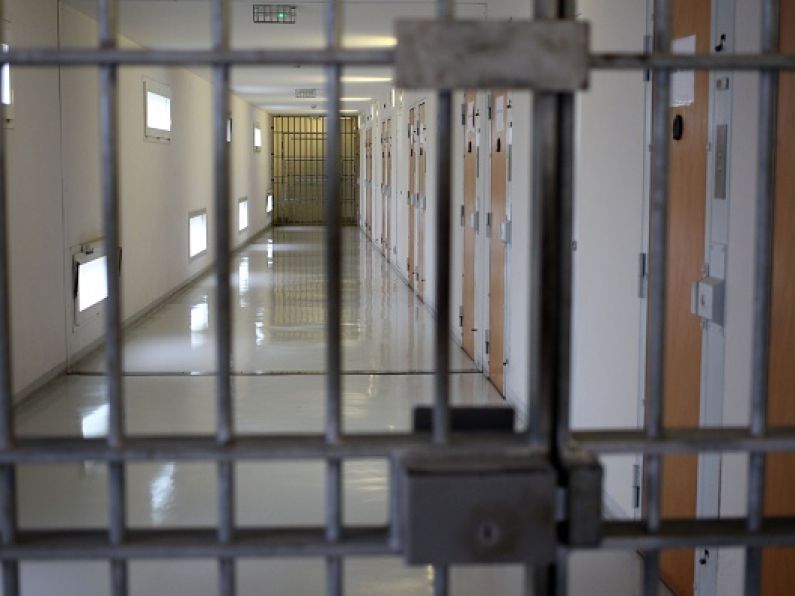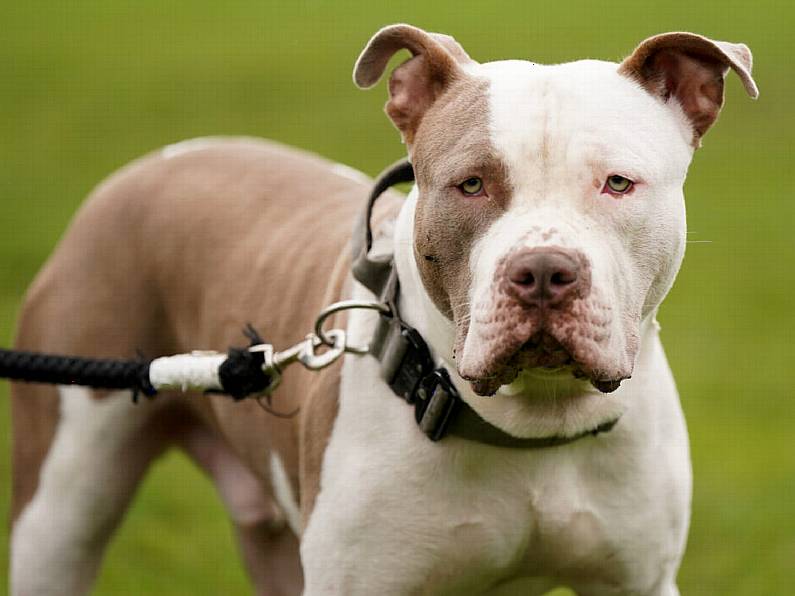For BMW, Tesla and other global car makers whose future is ever-more dependent on China’s burgeoning market, any gains from lower import tariffs this week will likely be short-lived — thanks to President Donald Trump’s trade war.
After decades of pleading for easier access to the world’s biggest car market, manufacturers finally saw duties on overseas imports almost halved to 15% this weekend.
But the reprieve for producers of those models — if they are built in the US — is set to end in five days, when a retaliatory 25% levy makes them more expensive.
President Trump’s tit-for-tat trade squabble with China threatens to undo years of lobbying by carmakers and drag Europe’s leading luxury brands into the fray because of decisions that were made when global manufacturing and exporting were buzzwords.
Now, the uncertain implications of a tariff whiplash are unnerving dealers and consumers in a country where a record 24m vehicles were sold last year.
“It is a nightmare to have the 25% additional duty,” said Wang Rongzhen, deputy general manager and an investor in Yan’an Jinchi Feike Auto Sales and Service. The Yan’an dealership imports models such as Fiat Chrysler’s Jeep from the US.
At Shanghai Aote Hung Car Sales, higher tariffs would just be another headache for sales manager Liu Yuanyuan, who says she’s struggling to shift stock as consumers anticipate the typical summer clearance discounts. Her dealership imports models including those from Mercedes-Benz, Buick and Jaguar Land Rover.
“Most of the clients are waiting,” Ms Liu said.
[quote]After the trade war issue, many imported vehicles like Mercedes-Benz or BMW, especially the BMW X4, X5 and X6 manufactured in US are being impacted. We are advertising that clients can buy cars at promised prices before July 6, but there are no guarantees afterward.[/quote]
Unless President Trump backs down, on July 6 the US will impose tariffs on $34bn (€29bn) of Chinese imports, many of them parts used in products such as marine engines and power turbines.
China will impose countervailing levies the same day — including on US-manufactured cars. The auto tariffs will wipe out the this month’s reduction to 15% from 25% on all foreign car imports.
Commodity powerhouse Australia delivered a warning that rising trade protectionism will hurt global growth, adding its voice to a chorus of alarm.
China’s retaliatory tariffs couldn’t have come at a worse time for foreign luxury-car makers. The depreciating yuan is already making imported vehicles more expensive for local buyers. Chinese equities have entered a bear market, further eroding domestic buying power.
“US carmakers may need to brace for seeing their market share encroached as consumers increasingly favour domestic brands,” said Liu Yuanchun, a professor at the National Academy of Development and Strategy at Beijing-based Renmin University of China.
The additional levies could trigger even more retaliatory measures. President Trump last month instructed trade officials to identify $200bn in Chinese imports for additional tariffs of 10%, and said the US would impose duties on another $200bn if Beijing retaliates. China vowed to hit back.
Amid the rising tensions, carmakers across the world are urging President Trump’s administration not to impose tariffs of its own on overseas car imports.
South Korea’s Hyundai said duties would be “devastating.” General Motors, which imports vehicles from Mexico to sell in the US, warned it might shrink US operations and cut jobs.
Of China’s $51bn of vehicle imports in 2017, about $13.5bn came from North America, including sales of models made there by non-US manufacturers like BMW.
China imported 280,208 vehicles, or 10% of total imported cars, from the US last year, according to China’s Passenger Car Association. Some US automakers that preemptively lowered prices in China are now cornered.
A day after China announced cutting auto-import tariffs in May, Tesla lowered prices by about 6%.
Andy Wu, who works at a trading company in Beijing, has been looking at buying a Tesla but now has second thoughts even after the recent discounts.
“I want to choose some accessories and customise some parts, and they don’t really have a vehicle the way I wanted that’s already cleared customs before the new tariff gets in,” said the 33-year-old.
“I’m going to wait for a while and see where this is going,” he said.
“Why would I pay 25% more but not get an upgrade in quality or a fancier brand?” Mr Wu said.
Mr Wang, the manager at Jinchi Feike, said carmakers may be reluctant to reverse the price cuts after July 6 because they will find it more difficult to compete with European brands.
Even US automakers that assemble vehicles in China, such as GM and Ford Motor, could be hurt by the July 6 tariff out of concern their cars will become more expensive to repair, he said.
Bloomberg






